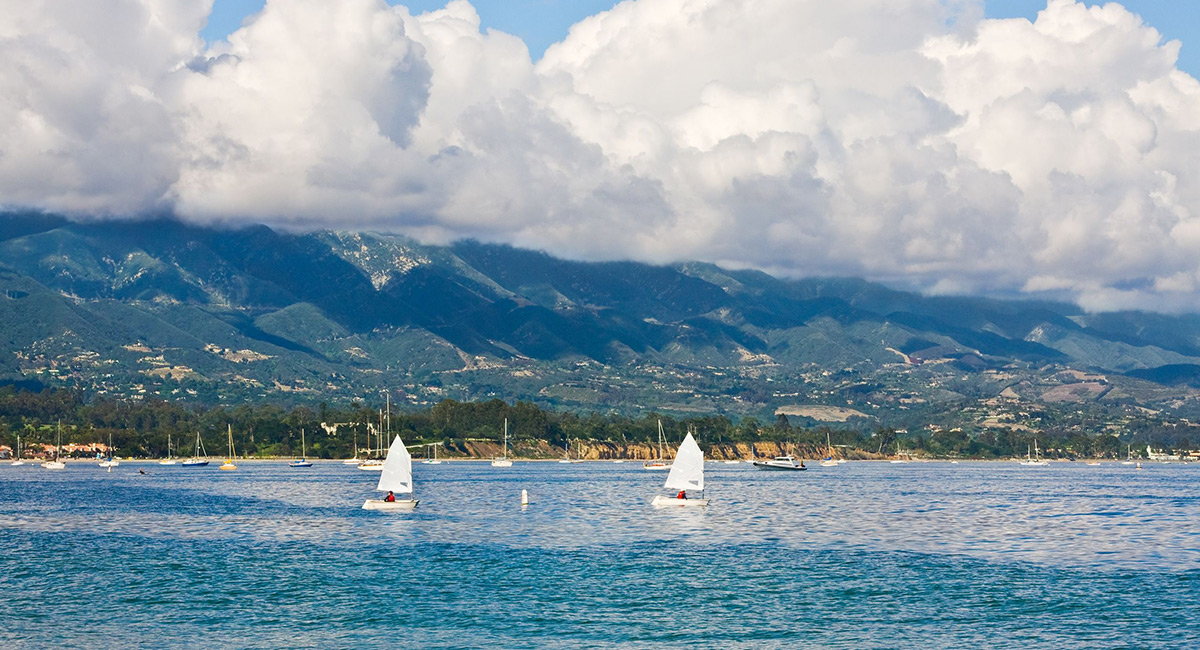Global-warming devotees have been making alarmist predictions about the rising sea levels they think will follow an increase in the earth’s average temperatures. The horror stories include the flooding of low-lying coastal areas, the disappearance of island nations, the inundation of America by environmental refugees, and an exponential explosion in insurance claims. Activists apparently don’t realize that the much-ballyhooed climate models that predict global warming cannot make any quantitative predictions at all about sea levels.
They also don’t realize that informed speculation about rising sea levels has been steadily falling. Initial estimates by the Environmental Protection Agency projected that a doubling of atmospheric carbon dioxide would cause sea levels to rise by between 80 and 120 inches. By 1990 these estimates had been reduced by 75%. In 1996 a United Nations science advisory panel predicted a rise of only 15 to 22 inches by 2100—still based on shaky assumptions.
Even these much smaller estimates are cause for skepticism, because changes in sea level are notoriously difficult to measure, and reliable information is hard to come by. All historical data are based on tide gauges, mainly on the shorelines of Northern Europe and North America. Long-term sea level trends must be extracted after adjusting for waves, storm surges and tidal variations. Scientists must also contend with the fact that the land surface may be rising or falling. Some land surfaces, in Scandinavia for example, are rebounding after being compressed by the weight of glaciers. Other land areas are subsiding, as petroleum or ground water is pumped out.
Nevertheless, climate specialists have constructed a corrected “global” sea-level record; it shows that sea levels have been rising at the rate of about seven inches per century. Is this rise connected to climate? Not likely. The best estimates based on geologic data indicate that this has been going on for several centuries—a period in which the global climate has fluctuated significantly. Rather, the current thinking is that the steady rise in sea levels is connected to slow tectonic changes in the shape of the ocean basin—which human beings, of course, can do nothing about. Calculations of any climate effect on sea levels must take account of this more or less steady rise.
The next question is how global warming, if it occurs, would affect sea levels. On the one hand, a warmer climate would melt mountain glaciers and cause a thermal expansion of ocean water, accelerating sea levels’ rise. But on the other hand, more water would evaporate from the surface of warmer oceans, leading to more rainfall, and—over Greenland and the Antarctic—to greater accumulation of snow and ice. This process essentially thickens the polar ice caps, thus lowering sea levels.
The problem has been to find whether the sea levels’ rising or lowering would have a greater impact. This is a question that cannot be answered by theory, or by computer models. To produce an accurate conclusion, we have to examine data. Fortunately, we do have data from a relatively rapid global warming that occurred between about 1900 and 1940, as the climate recovered from a cool period called the Little Ice Age. Neither the Little Ice Age nor the warming that followed are ascribed to human influences; many scientists believe they were caused by subtle changes in the sun’s radiation.
In any case, data from the warming of 1900-1940 shows a drop in sea levels, while the subsequent cooler period shows a sea-level rise. This effect is even more pronounced in comparisons of sea-level changes with sea-surface temperatures in the tropics, where most of the oceans’ evaporation occurs.
These findings support the hypothesis that ice accumulation in the polar regions may have a greater impact on sea levels than do the melting of glaciers and the thermal expansion of ocean water. Support for this view also comes from concurrent but as yet incomplete measurements of ice accumulation at certain locations in Greenland and the Antarctic.
Contrary to activists’ claims, what’s clear is that global warming—if it takes place—would slow any rise in sea levels. Although more study is needed, this striking result should at least give pause to the Association of Small Island States and other groups that are pressing industrialized nations to adopt drastic reductions in fossil fuel use in order to avoid the global warming “catastrophe” so dear to the environmentalist lobby.










